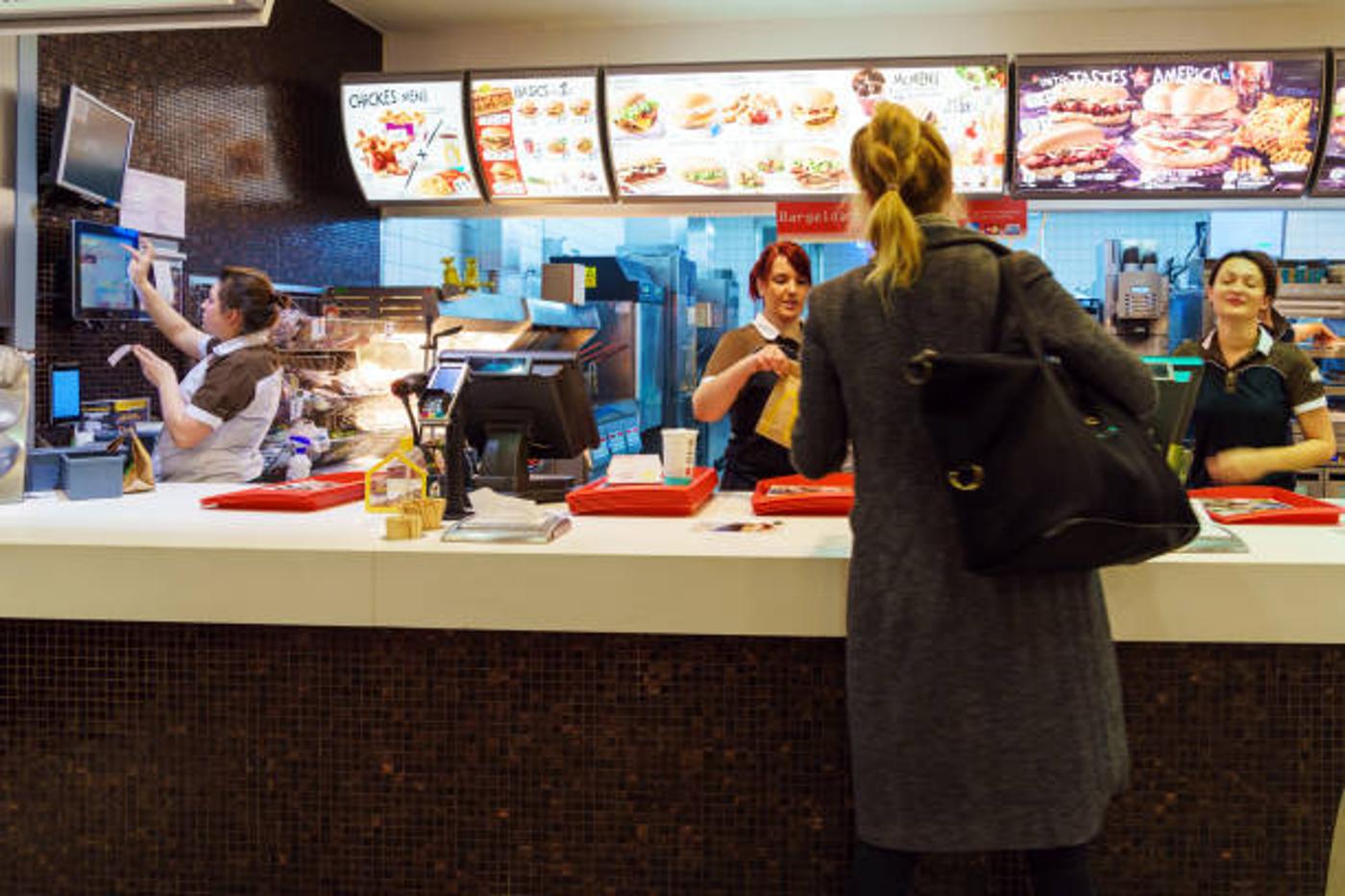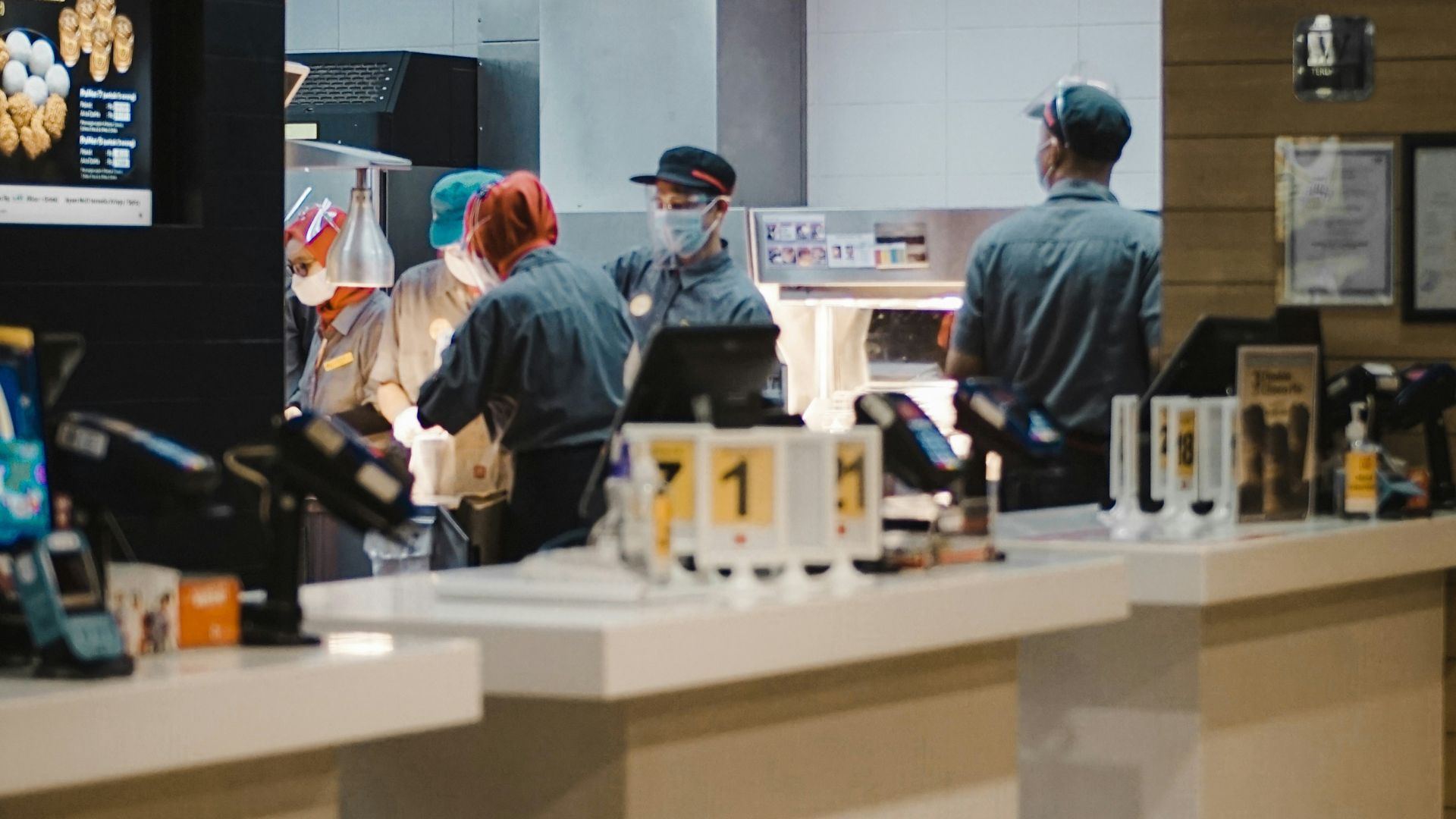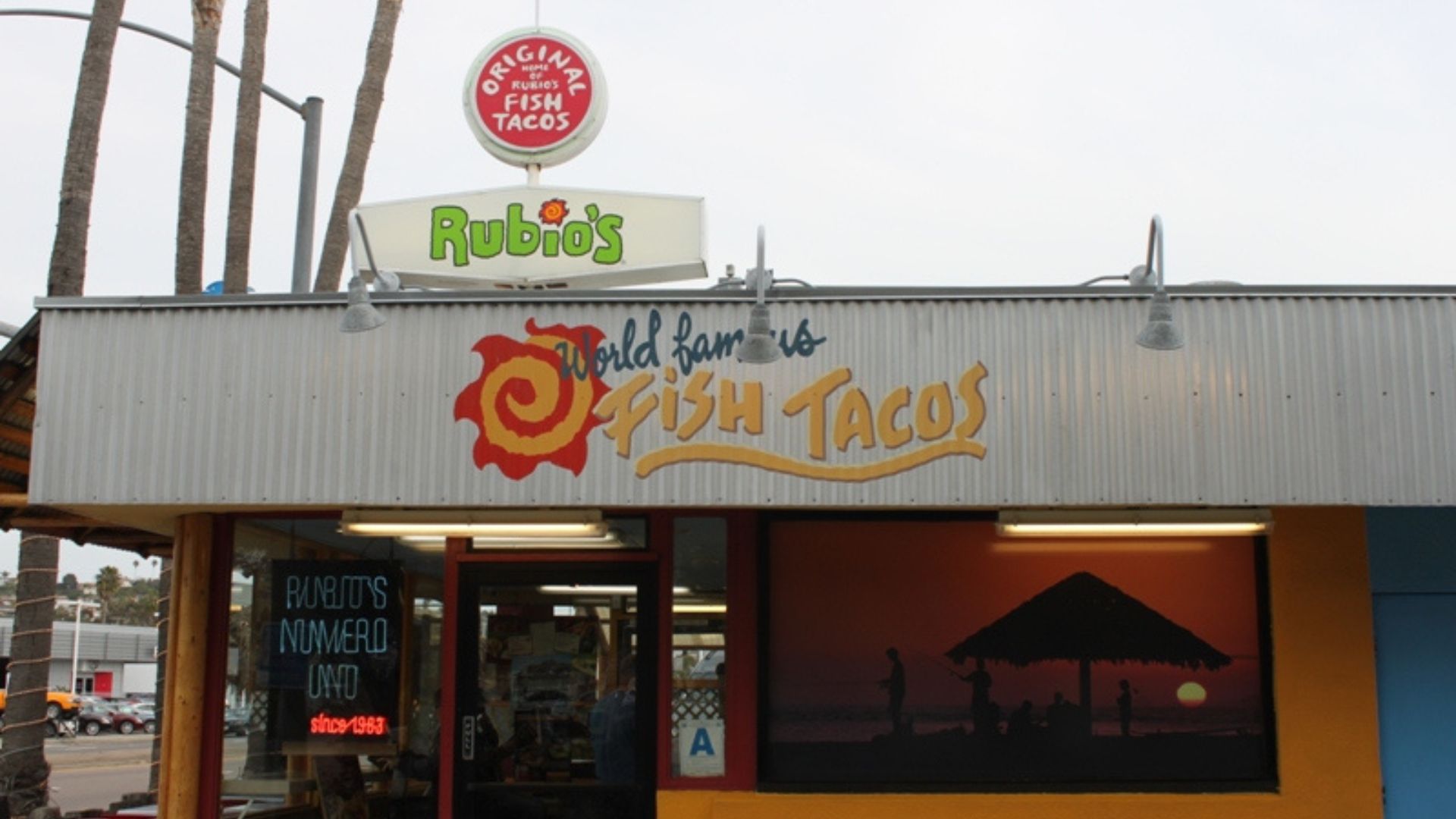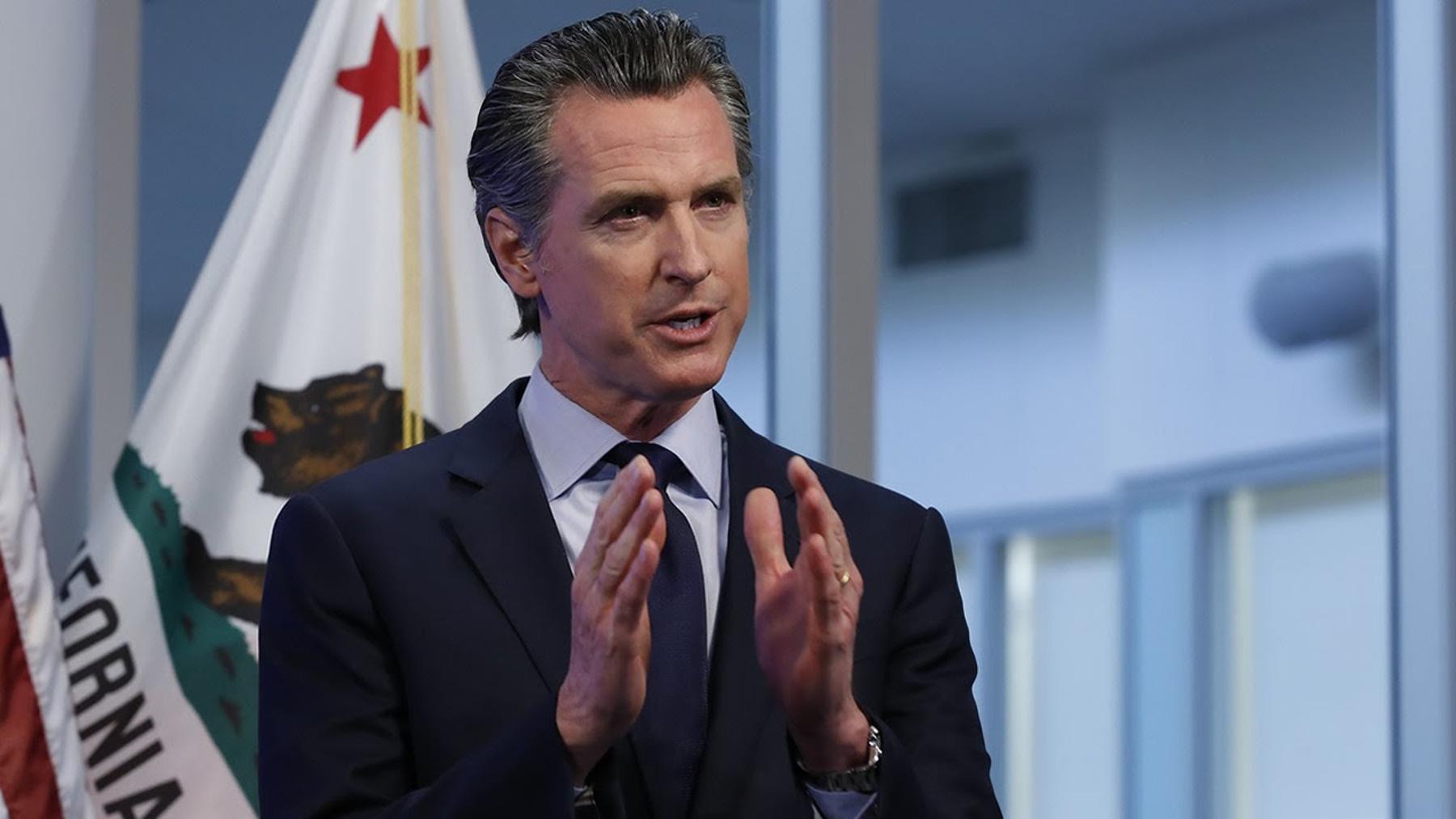In June 2024, a long-standing McDonald’s franchise in San Francisco’s Stonestown Galleria closed its doors after more than 30 years of operation.
The closure marks a significant impact of California’s new $20 minimum wage for fast food workers. Franchise owner Scott Rodrick described the decision as “gut-wrenching.”
Owner’s Heartfelt Statement

Scott Rodrick shared his emotional decision to close the McDonald’s, citing the combined pressures of high operational costs and rent negotiation failures.
He stated, “This is a gut-wrenching day for my family,” emphasizing the personal toll this closure has taken on him and his team.
Details of the Closure Announcement

A sign posted at the McDonald’s at 255 Winston Drive informed customers of the closure on June 23, 2024.
The notice thanked the 19th Avenue and Ingleside neighborhoods for their patronage over the past three decades, reflecting the deep community ties the restaurant had established.
California’s Minimum Wage Law

In September 2023, California Governor Gavin Newsom signed AB 1228 into law, raising the minimum wage for fast food workers to $20 an hour.
This law, effective April 2024, targets chains with 60 or more locations nationwide, aiming to improve worker wages but adding pressure on franchise owners.
Impact on Franchise Owners

While the law intended to target large corporations, many of these chains are independently owned franchises.
Rodrick, like many franchise owners, struggled to cope with the increased labor costs, which significantly strained his business finances.
Rising Operational Costs

Rodrick cited soaring operational costs, including rent and labor, as key factors in his decision to close.
These rising costs, compounded by the $20 minimum wage mandate, created an unsustainable financial burden for his franchise.
Employee Transition Plans

Despite the closure, Rodrick ensured that all former employees were offered positions at nearby McDonald’s locations.
He emphasized his commitment to his team, stating that most employees would likely remain within the McDonald’s network.
Broader Industry Impact

The minimum wage increase has had ripple effects across the fast food industry in California.
A Placer.ai study found that fast food chains raised menu prices by mid-single digit to mid-teen percentages to offset higher labor costs, impacting customer traffic and overall profitability.
Specific Case of Rubio’s Coastal Grill

In June 2024, Rubio’s Coastal Grill announced the closure of nearly 50 locations in California and filed for bankruptcy protection.
The restaurant cited rising food, utility costs, and significant minimum wage increases as key factors in their financial struggles.
Contrasting Success Stories

Not all restaurant chains are struggling. Data from Placer.ai also showed that sit-down chains like Olive Garden and Chili’s have outperformed their foot traffic year-over-year.
These restaurants leveraged competitive pricing strategies to attract customers who find fast food options less appealing due to higher prices.
Marketing Strategies of Sit-Down Chains

Chili’s has capitalized on the price increase in fast food by promoting meal deals, such as a drink, chips, salsa, burger, and fries for $10.99.
Their marketing highlights the competitive edge sit-down restaurants have over traditionally cheaper fast food chains.
Navigating the New Wage Landscape

The closure of Rodrick’s McDonald’s highlights the broader economic challenges posed by California’s minimum wage increase.
While the law aims to support workers, it also places significant financial pressure on franchise owners. The industry must adapt to balance fair wages with sustainable business operations in this evolving economic landscape.








































